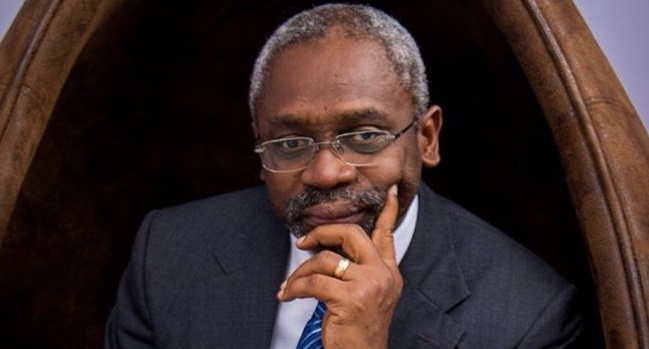News
Gbajabiamila traces insecurity situation in Nigeria to 2003 govt policy on LG elections

The House of Representatives Speaker, Femi Gbajabiamila has said that insecurity in Nigeria started getting worse in 2003, when the nation took election of local governments back to the states.
According to him, part of the worsening insecurity in the country started from that time as the local government stopped functioning properly.
The speaker stated this on Monday in Abuja during the opening of a leadership master class training for councillors in Etinam Federal Constituency of Akwa Ibom State.
Gbajabiamila was represented by his deputy, Idris Wase, at the event put together by the federal lawmaker representing the constituency, Onofiok Luke.
“I want to thank you for the foresight in organising this training. Part of the insecurity that we are having today is that the local government is not functioning very well. I think we started getting it wrong from 2003, when we took election of local government back to the states and every governor would sit in conjunction with his deputy or whatever and write his own result.
READ ALSO: Reps will do everything to deliver policing system that works —Gbajabiamila
“For me, I don’t believe that’s the right procedure. And if you want true democratic setting, they can do the nitty-gritty for what’s called an assembly, the checks and balances.
“Of course, we must bring capacity. So, I want to commend you and I believe it should be so for every leader who truly means well for the country. If we truly want to represent the people, of course, it’s very important.
“I appeal to our own colleagues to adopt this model. This will help build Nigeria. Our business here is good governance. The capacity I want to see in the people is that you should translate it to a greater Nigeria,” the speaker said.
Join the conversation
Support Ripples Nigeria, hold up solutions journalism
Balanced, fearless journalism driven by data comes at huge financial costs.
As a media platform, we hold leadership accountable and will not trade the right to press freedom and free speech for a piece of cake.
If you like what we do, and are ready to uphold solutions journalism, kindly donate to the Ripples Nigeria cause.
Your support would help to ensure that citizens and institutions continue to have free access to credible and reliable information for societal development.
























